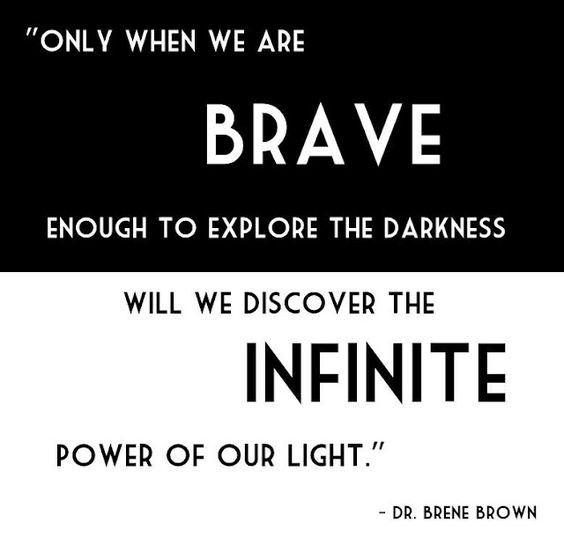
Last week I blogged about the importance of resilience in dealing with life’s inevitable difficulties. I said that resilience is a choice. We can choose resilience and train ourselves to be more and more resilient, or we can choose to be a victim of circumstances. In this blog — Part 2 in the Series — I am sharing the concept of “shame resilience”, which is an especially compelling subject. Author and speaker Dr. Brené Brown developed the “Shame Resilience Theory” and writes about it in her book, I Thought It Was Just Me (but it isn’t): Women Reclaiming Power and Courage in a Culture of Shame.
Being able to forgive ourselves and others has always made sense to me as an important strategy to become more resilient. Shame resilience delves more deeply into the power that shame has over us, particularly for women. As with resilience in general, we have to cultivate resilience in the face of feeling shame. Dr. Brown says:
We can never become completely resistant to shame; however, we can develop the resilience we need to recognize shame, move through it constructively and grow from our experiences.
Shame is one of those topics that never comes up at a cocktail party, unless, of course, you want to drive people away from you. The word “shame” is loaded and talking about it is …. well, shameful! Talking about it makes people incredibly uncomfortable. They would rather talk about school shootings than shame. Why is that?
People are afraid of shame, according to Dr. Brown, so much so that it has become a silent epidemic. By not talking about shame, we have “forced shame underground”, which makes it even more destructive. Researchers have found that shame plays an important role in many mental health issues, like depression, anxiety disorders, addiction, eating disorders, bullying, suicide, sexual assault, and various forms of violence.
Feeling shame is very painful, so, essentially, we avoid addressing it by changing our behaviors so that we bypass shame. Society and our culture teach us about shame by dictating what is acceptable and what is not. Because we have a natural, human need to feel like we belong, we sometimes choose to conform rather than feel the shame inflicted upon us if we don’t.
One of the antidotes to shame is compassion, both for ourselves and for others. Practicing compassion is the way we begin to develop empathy. Empathy makes it possible for us to accept the struggles that make us all human. Dr. Brown believes that “we are all capable of developing resilience to shame by turning the pain caused by shame into courage compassion and connection.” Once we have done that for ourselves, we can help others do the same.
All of us can relate to feelings of shame. What takes courage is to not run from the pain of those feelings, but instead to acknowledge them and try to understand why we are experiencing them. People may have been trying to control us by shaming us.
I had a girlfriend for many years, from 4th grade through the end of high school. She knew my vulnerabilities and sometimes used that knowledge to control me through shame. I remember one particular experience when I wanted “to die”. In front of several other students, she openly criticized and chastised me in a very mean way. My reaction was to try to change my behavior so that would never happen again.
Have you harbored feelings of shame from things that happened in your past? If so, you may need to address them and find out where they came from and why you are still carrying that poison around with you. Shame is like getting a nasty cut that later becomes infected and festers. No one can change that for us. We have to have the courage, compassion, and empathy to do it for ourselves.
Perhaps start the process of becoming resilient to shame by taking one incidence of shame from your past and approach it with compassion. Could someone have been inflicting the shame on you so they could control you?
I can be changed by what happens to me. But I refuse to be reduced by it.
~ Maya Angelou